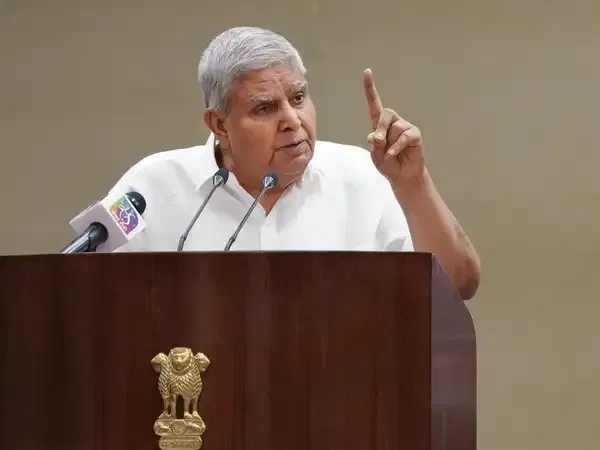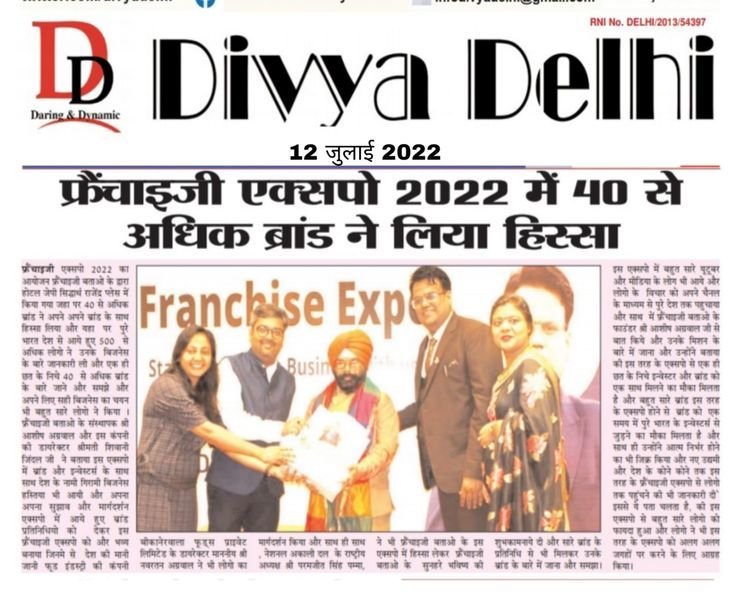
Divya Delhi: The delicate balance of democracy is threatened when the judiciary acts like a super-legislature. The power to do complete justice under Article 142 is not a licence to rewrite the Constitution," warned Fali S. Nariman, one of India’s foremost constitutional lawyers, critiquing expansive judicial interventions in cases like the BCCI reforms. Vice President Jagdeep Dhankhar's recent views on judicial overreach, which big Indian publications wrongly rejected, echo this concern. These constitutionalistic attacks frame the Vice President as overstepping his position, sidelining important institutional balance problems. The idea that he should remain a silent figurehead in a "largely ceremonial" role is anti-democratic and constitutionally reductive. Dhankhar's concerns need a fair hearing, not dismissal. The Vice President's criticism is that the judiciary, particularly the Supreme Court, has become a "super Parliament" by invoking Article 142 in ways that violate the executive's authority. Not empty rhetoric. For years, constitutional academics, retired judges, and jurists have shared Nariman's worries. In the BCCI reforms case, the Supreme Court rewrote the board's governance structure, which was outside its jurisdiction. In 2015, the NJAC overturned a constitutional change made by Parliament and accepted by over 20 states, overruling democracy. Recent judicial interference in governor powers sparked worries about judicial intrusion into executive responsibilities in Ravi vs Tamil Nadu. These incidents demonstrate judicial activity that needs investigation.
- Education(148)
- India(771)
- Entertainment(399)
- Sports(272)
- Business(226)
- Bollywood Hollywood(95)
- International(196)
- Life & Style(91)
- Opinion(139)
- Educational(5)
- Crime(7)
- Technical(6)
- World(18)


